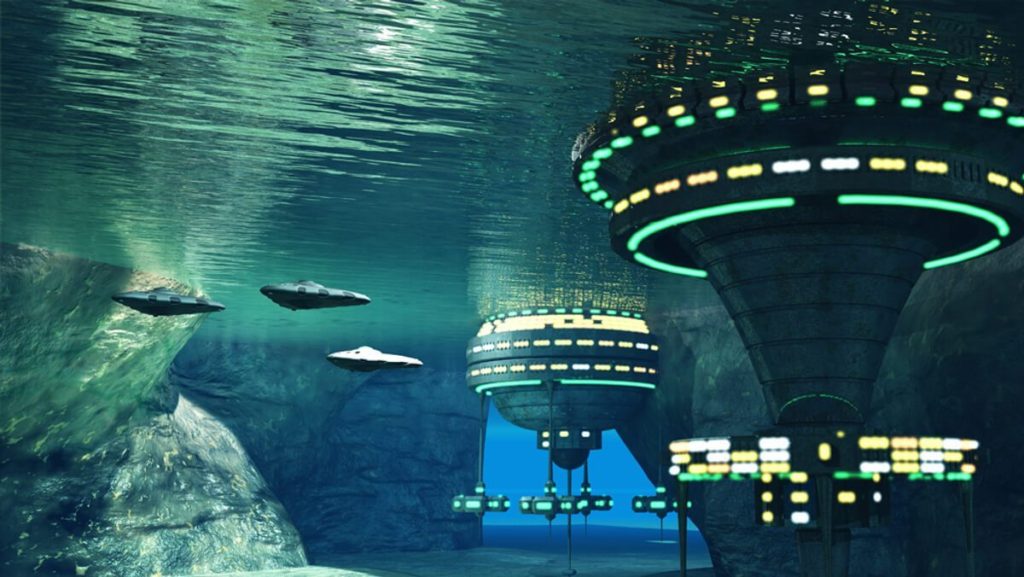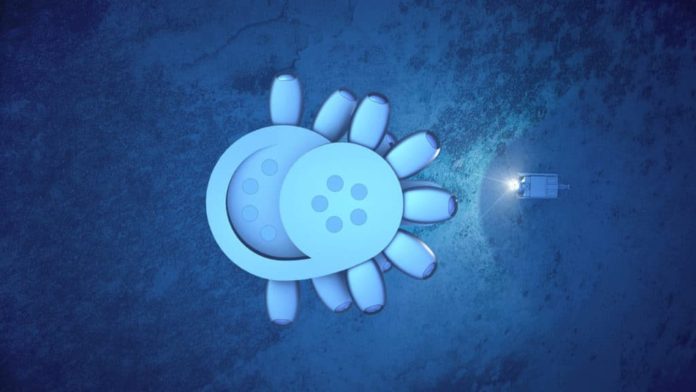Fabien Cousteau is raising millions of dollars to build the first state-of-the-art deep-sea research facility under the ocean. His efforts might be the solution for the scientists to stop the future viral pandemics we are now facing today.
Fabien got his passion for underwater exploration from his early Scuba diving lessons. His grandfather Jacques-Yves Cousteau was an aquanaut and also had the desire to make deep-sea habitats.
“Scuba diving is an amazing blessing, but there’s a very real limit of time” – Fabien Cousteau
In fact, Jacques-Yves Cousteau was one of the pioneers of the underwater habitat idea in the 1960’s. But lack of technology was the main obstacle for him to make a futuristic underwater livable habitat we see in the sci-fi movies.
Fortunately, after 60 years, his
grandson Fabien Cousteau is making his dream come true by constructing the first International Space Station for deep-sea study.
The station will be located 60 feet underwater of the Caribbean Sea. It will take 3 years to build the station and 12 people can live inside the habitat for weeks, even months.
“Most of the habitats were purpose-built for one mission or set of missions. They were never conceived as an International Space Station, something that’s to be deployed for a longer period of time,” says Fabien
Deep-Sea Research and The Potential Solution for Viral Pandemics
Researchers have been doing ocean habitat study for years using the platforms mainly built in the ’60s and ’80s. However, Aquarius is the only remaining underwater laboratory for scientists today.
Fabien calls his dream project Proteus, named after the Greek primordial sea God. He is calling his project as an ISS of the deep-sea since ISS is a habitable artificial satellite in the low Earth Orbit.

Fabien is expecting a cost of $135 million to build the entire station. He is working with Northeastern University, Rutgers University, and the Caribbean Research and Management of Biodiversity for strategic partnerships.
The good thing about Proteus is that it is 10 times larger than any underwater facilities made before. Moreover, it can be used for understanding the chemistry of viral pandemics, drug discovery, and sustainable food production.
If the project hits a success in the next 3 years we can expect that scientists will create a possible solution to stop the spread of viral pandemics in the upcoming days for our future generations.



